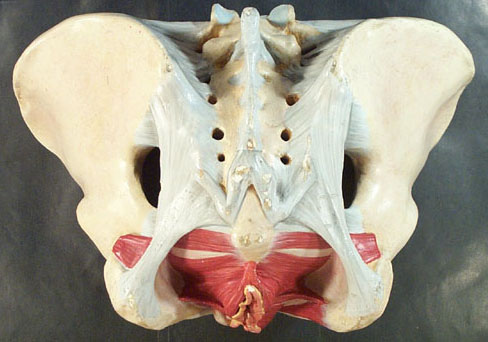Pelvic Health Treatment
Physical therapists that specialize in restoring proper function to the pelvic floor muscles. Pelvic health specialists help treat bowel or bladder pain, pelvic pain with intercourse, post surgery or postpartum and issues with voiding (bladder leaking, urge incontinence, bowel leaking and constipation).
Pelvic floor physical therapists use the following treatment tools:
Assessing and improving bladder and bowel habits
Toileting technique
Bladder/Bowel Dietary Irritants
Daily water intake
Voiding amount and frequency
Fiber type and daily intake
Internally assessing the pelvic floor muscles in order to:
Assess strength of the muscles
Identify trigger points that may be contributing to pain
Teach correct use of pelvic floor muscles to control your bowel and bladder
Teach relaxation of the pelvic floor muscles
Determine contributing factors from low back, hips, and or abdominal muscles.
Develop a home program which will include muscle exercises
Physical therapy for postpartum care can include assistance with
Correcting Diastasis Recti and bringing back core musculature
Stabilization of the lumbar spine and sacroiliac joint using muscular control and/or bracing
Using therapeutic ultrasound to help treat engorgement and clogged ducts that can occur in breastfeeding mothers
Giving guidance for return to activity including assessment of pelvic floor control/strength and training if post partum incontinence is occurring.
WHAT MIGHT A Pelvic HEALTH PHYSICAL THERAPIST SEE?
Lymphedema
Post Breast Cancer Surgery/Reconstruction
Pre,Peri,Post-partum
Pre,Peri,Post-menopause
Osteoporosis
Urinary or Fecal Incontinence
Pelvic Pain
Sacroiliac Joint (SIJ) Pain
Pelvic Organ Prolapse


